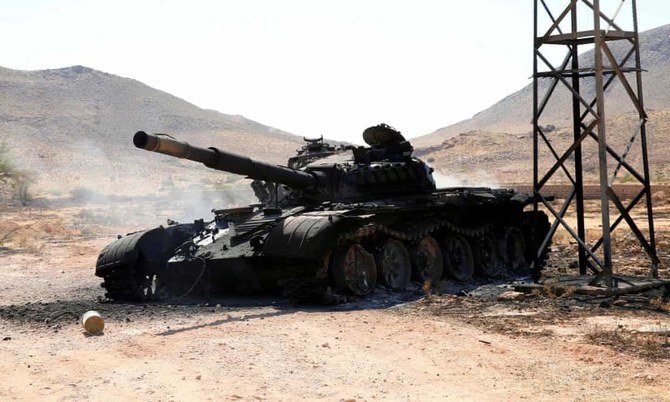UNITED NATIONS, United States: The UN Security Council on Wednesday adopted a resolution calling for a “lasting cease-fire” in war-torn Libya, where a fragile truce has been in place since January.
The text, drafted by Britain, was approved by 14 votes out of 15, with Russia abstaining.
It was subject to weeks of discussions, reflecting deep international divisions over Libya despite world leaders recently agreeing to end all foreign interference in the country and to uphold a weapons embargo.
Meanwhile, Eastern forces loyal to Khalifa Haftar will not allow the United Nations to use the only functioning airport in the capital Tripoli which they have been trying to take in a campaign, a force spokesman said on Wednesday.
Force spokesman Ahmed Mismari told reporters the UN would have to use other airports such as Misrata because it could not guarantee the safety of flights into Tripoli Mitiga airport as Turkey was using it as base.
The UN mission to Libya earlier on Wednesday accused Haftar’s forces of blocking flights carrying UN staff to Libya.
















